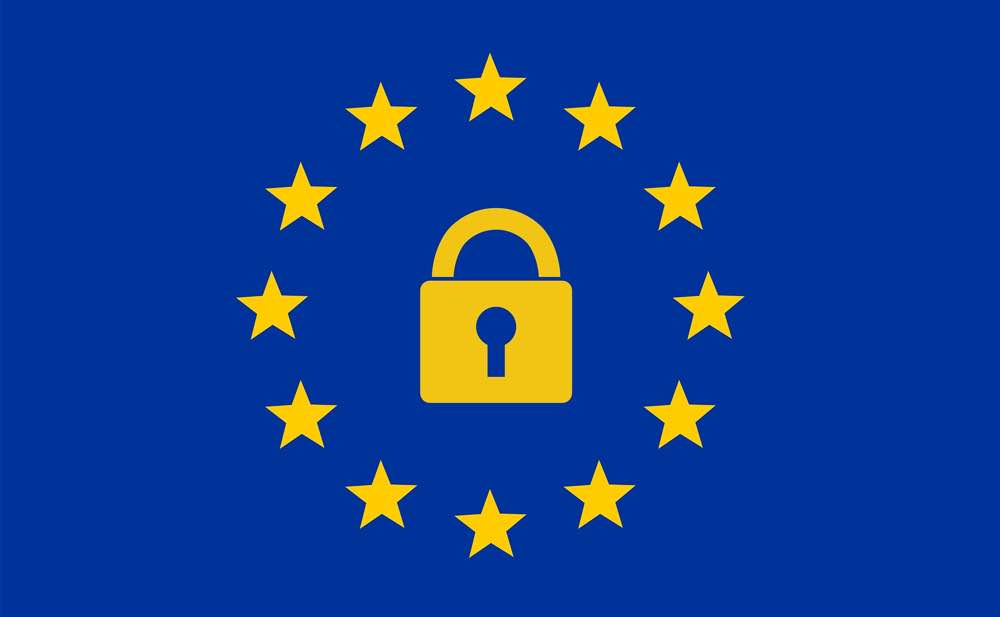I have recently been asked questions on how pioneering inventions will interact with government regulation in multiple consultancy interviews. Cryptocurrency, electric and self-driving cars, 5G bandwidth, and the Internet of Things represent some of the technologies with the greatest market potential for the upcoming decade, and so making predictions on how they will develop is a key task of any management consulting firm. Although business executives and engineers will play a driving role in developing these technologies, progress is still dependent on the regulatory framework provided by governments and the way that states adapt to market trends.
To see how contentious this can get, the following article examines the most instructive digital regulation pact so far, the EU’s notorious GDPR.
GDPR and the problematic Article 17
The EU’s General Data Protection Regulation was approved by the European Parliament in 2016 and implemented in 2018 as the world’s most comprehensive piece of legislation on data protection and digital privacy. It also turned out to be one of the EU’s most controversial measures. An especially contentious point of the GDPR legislation is Article 17, the “Right to Erasure”, also known as “The Right be Forgotten”, which entitles data subjects to have their personal data erased if it is no longer needed for the purpose for which it was originally collected. Data processers have one calendar month to execute any written or verbal request for erasure, and fines for violation of the rule can range up to €20,000,000.
Industry stakeholders mounted widespread, concerted opposition to Article 17, arguing that it imposed unfair expectations on companies and would be difficult to implement. This led to extensive litigation throughout the adoption period between 2016 and 2018. Today, around 56% of firms who are subject to the GDPR report that they fall short of its requirements, with Article 17 compliance being the most often mentioned hinderance. In the first year of the GDPR’s implementation, Google received around 723,000 requests for data erasure, 44% of which it considered legitimate. This swarm of requests caused major logistical complications and required the firm to restructure its administrative and data handline processes.
Legislation and technology
The challenges that firms faced in implementing the GDPR legislation highlights a major issue in technological regulation. How can governments regulate a sector that is evolving so rapidly? One strategy is for governments to adopt a principle-based approach to regulation that spells out the intentions, values and desired outcomes, while leaving each firm to adapt the principles to its situation. Although this attitude addresses the dynamism of the digital sector better than a strict rules-based approach, it leaves much room for ambiguity, which can lead regulators to forego the enforcement of politically sensitive matters. Such concerns are not theoretical. During the previous mandate period of the European Commission, lobbyists of Google met with EC officials 218 times, making the tech-giant a record holder in this respect.
The interests of global politics, big tech, and consumer data protection intertwine on multiple fronts. The GDPR considers tech firms headquartered outside the EU and their European subsidiaries to be a single economic unit for the purposes of data erasure requests, which entails the extraterritorial enforcement of European data protection laws. This constitutes more than just an issue of competing sovereign interests as the GDPR serves as a vehicle for influencing norms and general practices in the emerging global digital sector, which will be regulated and controlled on a global basis more than any major industry before.
Final thoughts
Even the slickest, most effective innovations of the market have to face hurdles in the political and legislative realm before becoming a market realty. As things currently stand, law-makers often lag far behind even the technologies which are about to become outdated. Serious governmental discussions of innovations like self-driving cars and smart-homes could suggest that the hopeful predictions of tech-gurus are closer to reality than they claim. Despite the wishes of inventors and investors, technology must be dragged through politics, which complicates the adoption of revolutionary new technologies.
Bence Borbély is a Hungarian first-year History and Politics student at the University of Cambridge whose professional fields of interest are management consultancy, public policy-making, politics and international relations.
Image: Pixabay
